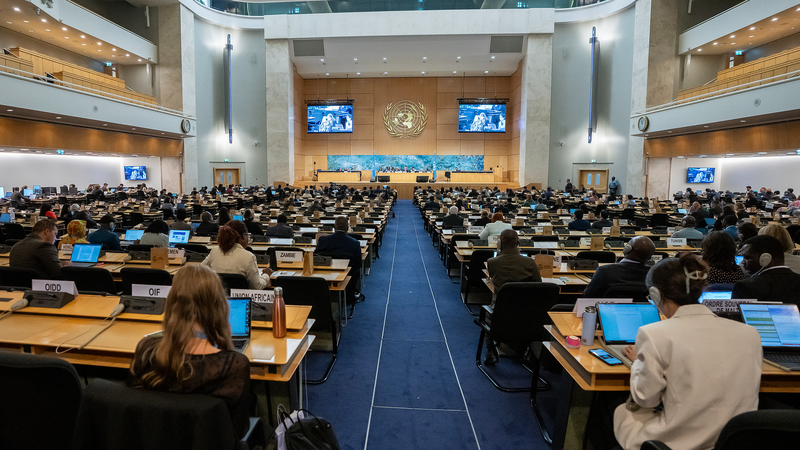It's been a week since Israel's September 9 airstrike in Qatar, and the global spotlight is turning to Geneva. On Tuesday, the United Nations Human Rights Council (UNHRC) will hold an urgent debate on the attack that targeted senior Hamas figures in Doha.
Hamas reports that five of its members were killed, though its top leadership emerged unscathed. The strike has tested new alliances: U.S.-aligned Gulf states, including the United Arab Emirates—long considered a bridge between Israel and its Arab neighbors—have strongly condemned the incident.
The request for this debate came from Pakistan on behalf of the Organization of Islamic Cooperation and from Kuwait representing the Gulf Cooperation Council. Their move signals a rare moment of unity among Islamic states at a time when the Middle East's diplomatic landscape is shifting.
Complicating matters further, Arab and Islamic leaders meeting in Doha warned that actions like the Qatar strike threaten ongoing normalization efforts and regional coexistence—an issue they'll address before heading to Geneva.
Since its creation in 2006, the UNHRC has convened only nine other urgent debates. This 10th special session underscores both the high stakes of this episode and the Council's evolving role in mediating international conflicts.
As the debate begins, all eyes will be on Geneva. Will the UNHRC's discussions lead to concrete steps toward accountability, or will this become another salvo in the broader contest for influence in the Middle East? Stay tuned as diplomats, activists and observers weigh in on what could be a pivotal moment for regional stability.
Reference(s):
cgtn.com



